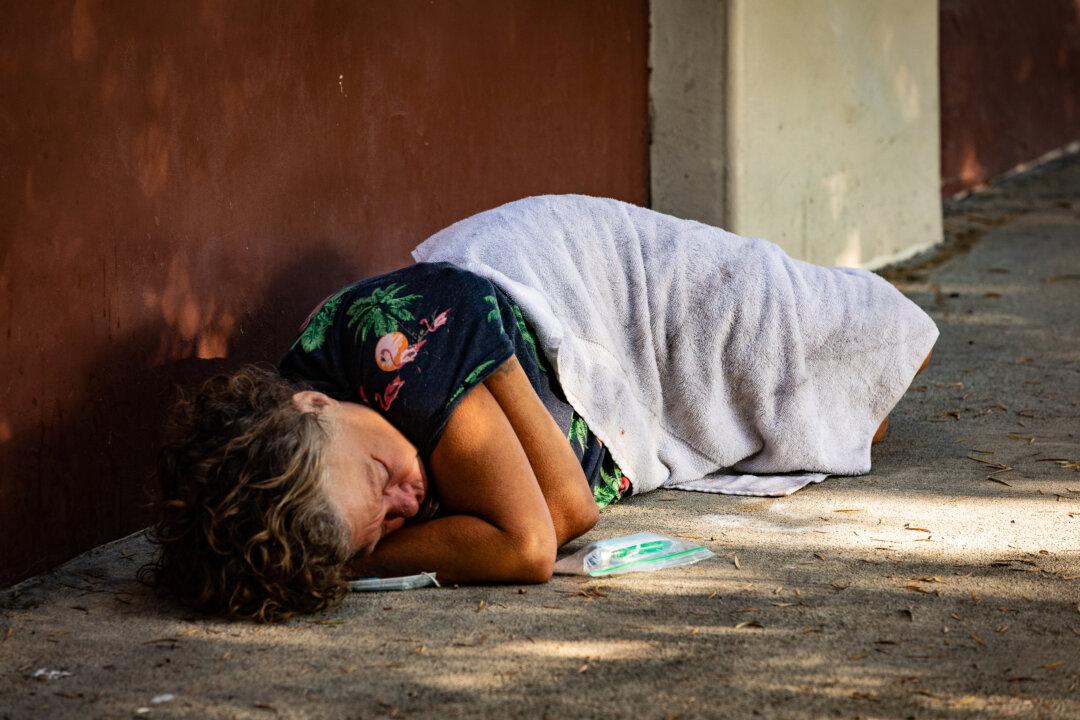Tucked between businesses on North Broadway and 15th Street in Santa Ana, California, is WISEPlace—a place for women in need of housing support and help on the path toward self-reliance.
“Our phone is, unfortunately, ringing off the hook,” WISEPlace CEO Brateil Aghasi told The Epoch Times. “There’s probably, unfortunately, no end in sight with unemployment, with people losing health care—our services are going to be needed now more than ever.”





